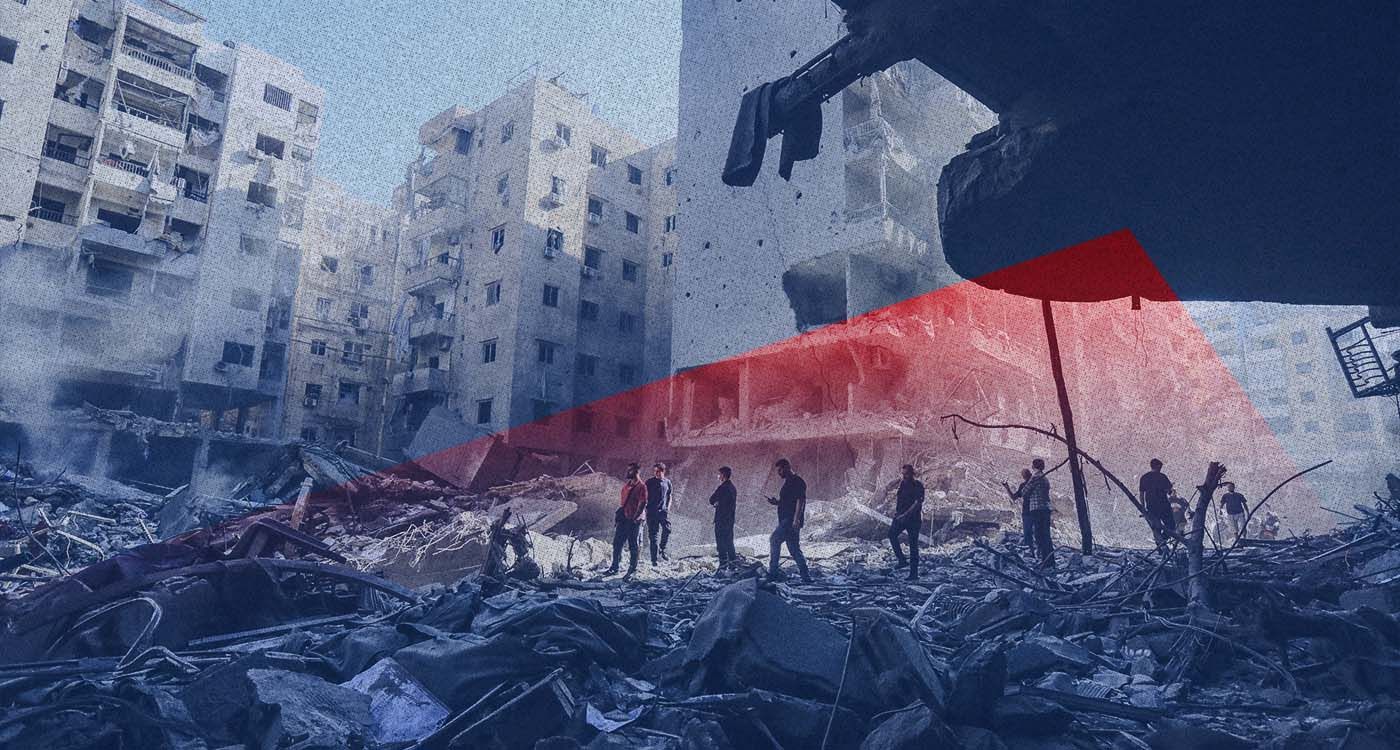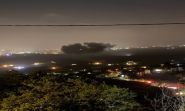
There is no doubt that emotions among Hezbollah’s supporters remain raw on the first anniversary of the assassination of the militia’s Secretary-General, Hassan Nasrallah. He was regarded as both an inspiration and a leader, and it’s not surprising that many in the movement’s base approached him in ways that verge on sanctification or even divinity. Such phenomena are observed among many cultures, and they are even more pronounced in the emotionally expressive societies of the Middle East.
Moreover, Hezbollah’s supporters continue to grapple with denial, perceiving something illogical in what happened, as though Nasrallah were immortal. Many still believe he has not truly died. Some expected him to appear at his own funeral, but he didn’t. Eventually, they began to accept his departure, until his son appeared in an interview recounting a dream in which his father told him he would return to manage affairs personally. This reignited denial and doubt within the Shia community, delaying any process of healing.
On the other hand, certain remarks—such as those recently made by MP Marwan Hamadeh—have stirred strong reactions. Hamadeh did not intend offense: he is a respected figure with a journalistic, academic, and ethical background that speaks against such intent, and he is also a living martyr who has himself endured deep suffering. Yet his words ignited passions on both sides. Hezbollah’s supporters regarded them as an insult to their symbol, while others countered with sharp reactions of their own, especially in light of the Raoucheh spectacle and the rhetoric emanating from Hezbollah’s base and its newly minted figures, who promote ideas and discourse with little restraint.
Respect for death and martyrdom is a duty. Yet many began to ask why Hezbollah’s feelings should be treated with such caution, particularly when the group itself showed no respect for the martyrdom of Gebran Tueni, celebrating with sweets in the streets, not to mention Hezbollah’s own involvement in the assassination, as it was convicted by the international tribunal for the killing of Prime Minister Rafik Hariri.
Forty-three years after the assassination and martyrdom of elected President Bashir Gemayel, Hezbollah continues to show no regard, dismissing him as a traitor, justifying his killing, and even glorifying his assassin. If Bashir’s sacrifice is treated with such disdain, is it any wonder that disrespect toward Hezbollah and its symbols continues to grow?



Comments